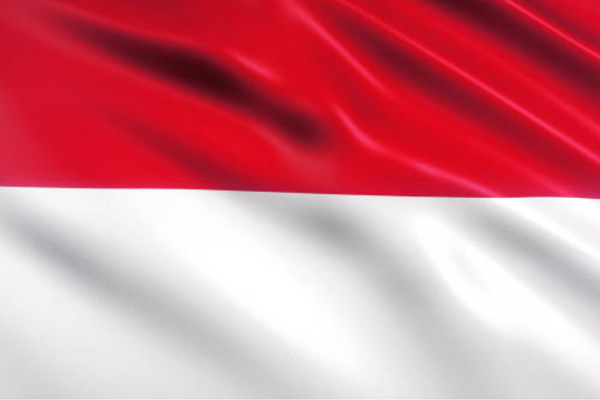Volkswagen, Vale, Ford, Huayou have joined hands to build EV battery ecosystem in Indonesia. The partnership is finalised to build EV battery ecosystem in Indonesia.Volkswagen will build an electric vehicle (EV) battery ecosystem in Indonesia and will partner with miner Brazilian Vale, US’s Ford Motor and China’s battery minerals producer Zhejiang Huayou Cobalt.
The partners are relying on Indonesia for its raw materials used in producing EV batteries, which is about 40% of a vehicle’s price, with a target to cut costs and to catch up with EV market leader Tesla.
In a video statement, Investment Minister Bahlil Lahadalia said, “ Volkswagen, Europe’s biggest automaker, will work with Vale, Ford, Huayou, French miner Eramet and several Indonesian firms such as Merdeka Gold Copper, the parent company of Merdeka Battery, and energy firm Kalla Group.” He further clarified that the partnership would consist of joint ventures for supplying raw materials.
Earlier, US automaker Ford Motor joined PT Vale Indonesia and China’s Zhejiang Huayou Cobalt for the development of the $4.5bn nickel processing plant in Indonesia. The plant is expected to be commissioned in 2026, the Pomalaa Block High-Pressure Acid Leaching (HPAL) plant will be built in Pomalaa in South-East Sulawesi, where Vale operates the Pomalaa Block mine.
The early site preparations for the HPAL plant has already begun and full construction work is scheduled to begin later this year.
Indonesia is reported to have an abundant natural supply of nickel, with up to 52% of the world’s nickel resources,which makes the country a vital asset in the global battery production supply chain. It should also be noted that as the largest economy in Southeast Asia, it is expected to play a major role in global electric vehicle (EV) production. Indonesia is moving steadily towards its transition to EVs and is committed to producing 13 million electric motorcycles and 2.2 million electric cars by 2030.
The transition to electric vehicles (EVs) has become a significant part of Indonesia’s national agenda stipulated through the National Masterplan for Industry (RIPIN) 2015-2035. EV production is the top industrial priority of this Masterplan, as well as the development of a supporting infrastructure plan described in the National Medium-Term Plan (RPJMN) 2020-2024.
Further,Indonesia detailed its commitment in the year 2019 when the Indonesian government enacted Presidential Decree No. 55, setting out the path and guidance for the country’s EV development and adoption.
Looking at current scenario,Indonesia has approximately 115 million two-wheel vehicles (2Ws) compared to 16 million four-wheel vehicles (4Ws). Out of all the Indonesian households with a vehicle, 70% own combustion-based 2Ws. Indonesia is focusing on the electrification of mobility, which is increasingly cost-effective, especially for electric two-wheelers (e2Ws).
Since it is largely a two wheeler country,the Indonesian government has identified the significance of growing e2Ws in the country. A recent subsidy announcement on the purchase of an e2W by IDR 6.5 million in 2023 proves govenemnt’s and firms’ commitment towards clean transition.
Partnerships and JVs such as these would surely provide impetus to Indonesia to lead in EVs in the region.

